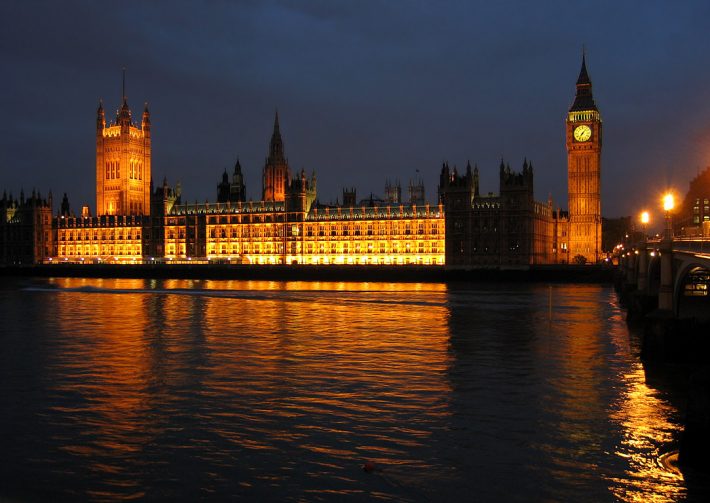Introducing the BES Policy Guides: helping ecologists engage with the policy world
In April 2015, whilst attending the excellent symposium organised by the BES and ZSL on ‘The conservation and science/policy interface: challenges and opportunities’, a seed was sown that would become the BES Policy Guides project.

A common complaint that we hear from our colleagues in relation to science policy is that politicians and policymakers simply don’t know enough about science. There may be a grain of truth in this – a vanishingly small number of politicians are trained in STEM subjects before entering politics – but the situation might more accurately be summed up as politicians and policymakers are often so frantically occupied by their jobs that it can be hard for them to either develop their understanding of the scientific process, or to keep up to date with science surrounding a subject. They too are experts; they simply work in a different arena.
To flip the argument, how ‘policy literate’ is your average scientist? How aware are we of the processes and complex institutions that dictate how policy decisions are made in the UK, or elsewhere? There is of course a spectrum of knowledge throughout the scientific community, but in our experience we are, as a group, quite ignorant of ‘the other side’. Much of the discussion at the symposium focussed on facilitating more effective communication with policymakers, to help them better understand our science. Greater science literacy among policymakers and effective presentation of research outputs is undoubtedly useful, but an interface is a dialogue, and so better policy literacy among researchers and the broader scientific community probably wouldn’t hurt either.
A reverse POSTnote?
Having been fellows at the Parliamentary Office of Science and Technology (POST) in 2013 we know that there are some excellent resources out there for politicians and policymakers which synthesise the context and evidence base of a vast array of STEM topics. POSTnotes provide a concise, four page briefing on a policy relevant issue written in a clear, concise and unbiased fashion. MPs, civil servants and anyone else (including researchers) have access to these to get quickly up to speed. Wouldn’t it be useful, we thought, if there were a kind of ‘Reverse POSTnote’ out there which could help inform scientists on the essentials of policy making, as well as more specific policy issues? Fast forward to later that year, and with the backing of the BES Policy Team and Policy Committee, the BES Policy Guides were born!
If there was ever an exercise to cement our realisation that ‘policy literacy’ might be low amongst the scientific community, it was the process of writing the first guide “An Introduction to Policy in the UK”. Theoretically we should be somewhere on the right hand side of the bell curve; we’d spent 3 months working in Westminster after all. However, just pinning down ‘the basics’, we found ourselves either not knowing the answers or having some large uncertainties when it came to the finer points. But our small team (three BES members and the BES policy team, with the aid of multiple kind reviewers) got there in the end.
The Guides will eventually form a series; a reference collection for any time-pressed researcher that wants to know more about policy making. We are beginning, well, at the beginning – with the very basics of policy making in the UK. Once this foundation is built, we’ll move to specific topic areas, and responsive notes to specific policy changes and legislation.
Opportunities to shape policy
We are living in politically tumultuous times. Brexit could spell big changes for environmental (and other) policies in the UK. But such changes will also provide opportunities to shape new policy, potentially to a degree that has not been seen for many years. To see our research have impacts on policy and to ensure that decisions are made on the best evidence available, as scientists we need to be ready to engage with the science-policy interface. A good place to start is to understand how it works. We hope this first Policy Guide, and those which will follow, can help with just that.
If you are interested in getting involved in the development of future Policy Guides please get in contact with Camilla Morrison-Bell to find out more.
Download the first Policy Guide: An introduction to policy in the UK
Like what we stand for?
Support our mission and help develop the next generation of ecologists by donating to the British Ecological Society.